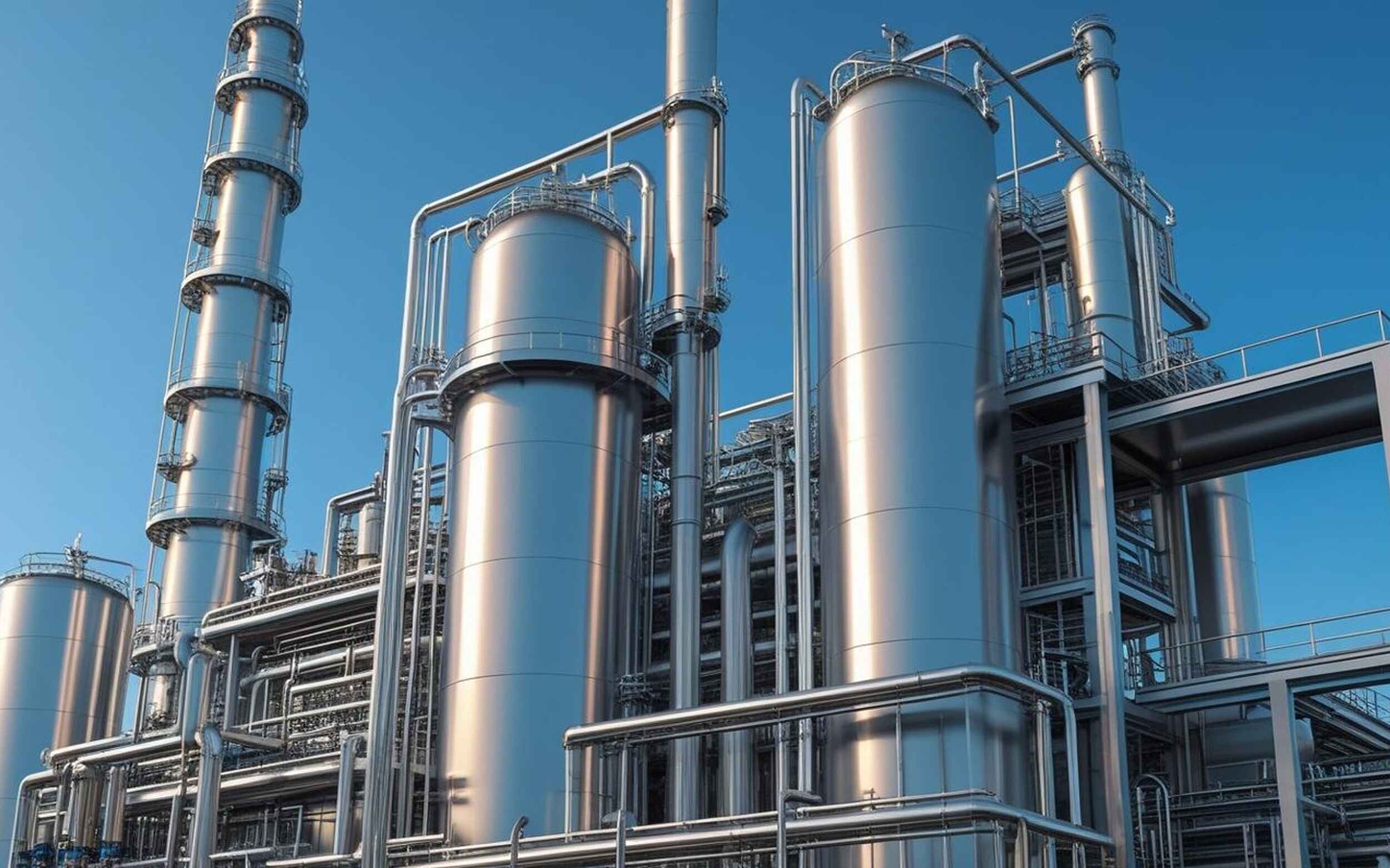E-Methanol Solutions for North Rhine-Westphalia

Your Partner for E-Methanol Solutions in North Rhine-Westphalia
In the industrial heartland of Germany, VIRDI develops cutting-edge e-methanol projects to power the future of North Rhine-Westphalia (NRW). We transform the state's growing renewable energy resources into a sustainable, liquid molecule, providing a direct path to decarbonize the world-class chemical parks and vital shipping lanes of the Rhine.
Secure the long-term viability of your production by switching from fossil-based to green e-methanol. We provide a sustainable, locally-produced chemical feedstock, strengthening your supply chain and meeting the demands for "Green Chemistry" in the Rhine-Ruhr metropolitan region.
Decarbonize Europe's most important inland waterway. We develop projects to supply green e-methanol, a leading clean fuel for inland shipping on the Rhine, future-proofing your logistics operations from the Port of Duisburg and beyond.
Drive a successful Strukturwandel (structural change) by establishing your community as a hub for the new energy economy. We build the infrastructure to produce and supply e-methanol, attracting green investment and future-proof jobs.
Why E-Methanol is a Strategic Opportunity for North Rhine-Westphalia
E-methanol is more than a fuel; it's a liquid energy carrier that enables the global energy transition. For NRW's high-density industrial economy, this creates unique strategic advantages.
A Sustainable Feedstock for a Global Chemical Hub
North Rhine-Westphalia's world-class chemical sector relies on methanol as a fundamental building block. Producing green e-methanol locally provides a secure, sustainable raw material base, crucial for long-term competitiveness, insulating from volatile fossil fuel markets, and meeting corporate ESG goals.
Decarbonizing Europe's Busiest Waterway
The Rhine is the logistical artery of Western Europe. E-methanol provides the most practical and scalable clean fuel solution for decarbonizing the thousands of inland vessels that transport goods to and from the Port of Duisburg, the world's largest inland port.
Driving the "Strukturwandel" with Green Industry
As NRW transitions away from its coal legacy, e-methanol production represents a powerful opportunity to build a new, high-tech industrial base. These projects can revitalize former industrial sites, create skilled jobs, and position the region as a leader in green chemistry and e-fuels.
A Liquid Battery for a Dense Energy Grid E-methanol is the ideal way to store surplus renewable energy from NRW's growing wind and solar farms. It converts fluctuating electricity into a stable, easy-to-transport liquid that can be used or sold anytime, enhancing grid stability in Germany's most populous state.
VIRDI has the expertise to establish North Rhine-Westphalia as a forerunner in the production and use of e-methanol.
The manufacturing of e-methanol is a sophisticated Power-to-X process. VIRDI plans and develops the entire value chain to create a high-quality, green product from renewable electricity.
The process is founded on green hydrogen, which we produce in dedicated, co-located projects via electrolysis powered by electricity from North Rhine-Westphalia's wind and solar farms.
To synthesize methanol, carbon is essential. We identify and secure sustainable carbon sources, focusing on the potential for Carbon Capture and Utilization (CCU) from NRW's industrial processes (e.g., cement or chemical plants).
Using a proven catalytic process, we combine the green hydrogen and purified CO₂ under specific pressure and temperature to produce high-purity, green e-methanol (CH₃OH).
VIRDI manages the entire project, from site selection in NRW and permit planning, to securing long-term offtake agreements with industrial and logistics partners.
Your Path to an E-Methanol Solution in North Rhine-Westphalia
We have streamlined our development process into four clear and simple phases, ensuring transparency and partnership at every step.
Strategic Needs & Market Assessment: We work with you to analyze your demand for green fuels or feedstocks and evaluate the strategic suitability of NRW as a production or logistics location for your business.
Custom Project Design & Feasibility: We design a complete technical concept, identify suitable local sites and CO₂ sources, and prepare a detailed economic analysis for the project.
Detailed Engineering & Financial Closure: We conduct the detailed technical planning, manage all permitting processes with the relevant authorities, and structure the financing for the entire project.
Plant Construction & Product Supply: We manage the plant's construction and secure the entire logistics chain to ensure a reliable delivery of the finished e-methanol to you as our customer.
Secure Your Access to the Green Molecules of the Future!
The availability of green fuels and raw materials is becoming a decisive competitive factor. Contact us for an initial strategic consultation and learn how VIRDI can ensure supply security for your company in North Rhine-Westphalia.
Frequently Asked Questions
Conventional methanol is produced from fossil natural gas. Bio-methanol is created from biomass. E-methanol (synthetic methanol) is classified as "green" when it is synthesized from green hydrogen (produced with renewable electricity) and a sustainable CO₂ source. It is chemically identical to conventional methanol but is climate-neutral.
It is liquid at ambient temperature and can be used in existing or slightly modified ship engines and tanks with relatively little effort. This makes it one of the most practical and quickly implementable solutions for decarbonizing the thousands of inland vessels that form the backbone of logistics in NRW.
Many new ships are already being ordered as "methanol-ready." Existing ships can be retrofitted to run on methanol at a reasonable cost. The port infrastructure for refueling ("bunkering") at inland ports like Duisburg is also relatively straightforward to adapt.
To be classified as green, the CO₂ must come from sustainable sources. In NRW, there is significant potential to capture CO₂ from existing industrial processes (CCU) in the chemical or cement industries, creating a circular economy
The economic viability depends on the costs of green electricity and green hydrogen. With the falling price of renewable energy and rising CO₂ prices, e-methanol is becoming increasingly competitive. Long-term purchase agreements provide the necessary investment security for large-scale projects